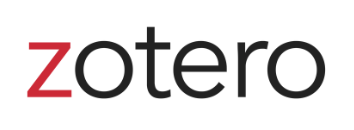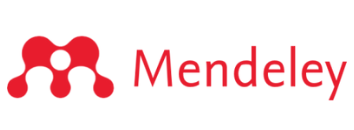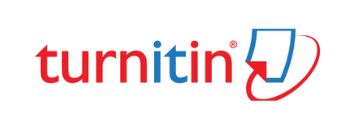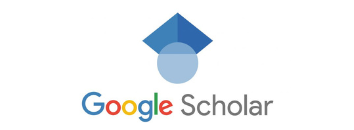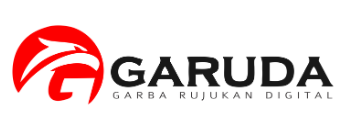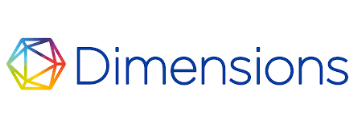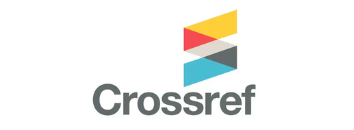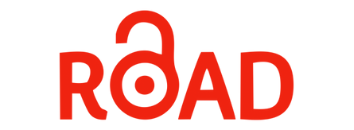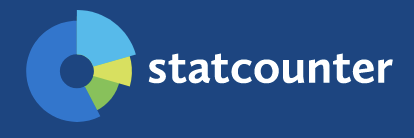The Examination On The Industry 4.0 Of The Dispositional Affect In Accountant’s Ethic Lapses Behavior
DOI:
https://doi.org/10.24002/kinerja.v24i2.3124Abstract
Finance and accounting are an area that are many unethical activities could be happen especially in this fourth industrial revolution today. In this study, we analyze the impact among the dispositional affect (positive affect and negative affect), gender, age, educational background, work experience to ethical lapses behavior. Dispositional affect is divided into four states which are the enthusiastic, the happiness, the frustration, and the fear. We find that disspositional affect, age, education background, work experience and gender are not significantly influences the ethical lapses behavior. Enthusiastic and happy people will try to avoid doing ethical lapses even from their superior’s behest because they have genuinely positive achieve goals and nobel expectations into their job. Negative affect of frustration and fear also have no significant influence to the ethical lapses behavior. The ambiguity of situations that tend to be uncertain and unpredictable can cause anxiety in other psychological cases. The frustation and fear make people tend to aware and protect themselves from bad consequence of ethical lapses. Other than variable educational background, age, work experience, negative affect of frustrated and negative affect of fear have highly significant correlation. The implications from this study for practice and research are also provided.
References
Bernardi, R. A., Melton, M. R., Roberts, S. D., & Bean, D. F. (2008). Fostering ethics research: An analysis of the accounting, finance and marketing disciplines. Journal of Business Ethics, 82(1), 157–170. https://doi.org/10.1007/s10551-007-9569-z
Chen, Y. J., & Tang, T. L. P. (2013). The Bright and Dark Sides of Religiosity Among University Students: Do Gender, College Major, and Income Matter? Journal of Business Ethics, 115(3), 531–553. https://doi.org/10.1007/s10551-012-1407-2
Chung, J. O. Y., Cohen, J. R., & Monroe, G. S. (2008). The effect of moods on auditors’ inventory valuation decisions. Auditing, 27(2), 137–159. https://doi.org/10.2308/aud.2008.27.2.137
Clouse, M., Giacalone, R. A., Olsen, T. D., & Patelli, L. (2017). Individual Ethical Orientations and the Perceived Acceptability of Questionable Finance Ethics Decisions. Journal of Business Ethics, 144(3), 549–558. https://doi.org/10.1007/s10551-015-2798-7
Culiberg, B., & Mihelič, K. K. (2017). The Evolution of Whistleblowing Studies: A Critical Review and Research Agenda. Journal of Business Ethics, 146(4), 787–803. https://doi.org/10.1007/s10551-016-3237-0
Cyriac, K., & Dharmaraj, R. (1994). Machiavellianism in Indian management. Journal of Business Ethics, 13(4), 281–286. https://doi.org/10.1007/BF00871674
Dalton, D., & Radtke, R. R. (2013). The Joint Effects of Machiavellianism and Ethical Environment on Whistle-Blowing. Journal of Business Ethics, 117(1), 153–172. https://doi.org/10.1007/s10551-012-1517-x
Druckman, J. N., & McDermott, R. (2008). Emotion and the framing of risky choice. Political Behavior, 30(3), 297–321. https://doi.org/10.1007/s11109-008-9056-y
Forgas, J. P., & George, J. M. (2001). Affective influences on judgments and behavior in organizations: An information processing perspective. Organizational Behavior and Human Decision Processes, 86(1), 3–34. https://doi.org/10.1006/obhd.2001.2971
Granitz, N., & Loewy, D. (2007). Applying ethical theories: Interpreting and responding to student plagiarism. Journal of Business Ethics, 72(3), 293–306. https://doi.org/10.1007/s10551-006-9171-9
Lerner, J. S. (2000). Lerner.Keltner.2000 Emotion Specific.Pdf. Cognition and Emotion, 14(4), 473–493. Retrieved from http://www.tandf.co.uk/journals/pp/02699931.htm
Lowe, D. J., & Reckers, P. M. J. (2012). An Examination of the Contribution of Dispositional Affect on Ethical Lapses. Journal of Business Ethics, 111(2), 179–193. https://doi.org/10.1007/s10551-011-1200-7
Mccabe, D. L., & Butterfield, K. D. (2006). . 5(3), 294–305.
McMahon, J. M., & Harvey, R. J. (2007). The effect of moral intensity on ethical judgment. Journal of Business Ethics, 72(4), 335–357. https://doi.org/10.1007/s10551-006-9174-6
Mujtaba, B. G., Cavico, F. J., & Sungkhawan, J. (2014). Business Ethics of Government Employees and Future Lawyers in Thailand: a Study of Age, Gender, Management Experience, and Education. International Business Research, 4(1). https://doi.org/10.5539/ibr.v4n1p16
Rayburn, J. M., & Rayburn, L. G. (1996). Between Relationship Machiavellianism and Type A Personality. Journal of Business Ethics, 15, 1209–1219.
Richards, C. H., Gilbert, J., & Harris, J. R. (2002). Assessing ethics education needs in the mba program. (December 2001), 447–476.
Ritter, B. A. (2006). Can business ethics be trained? A study of the ethical decision-making process in business students. Journal of Business Ethics, 68(2), 153–164. https://doi.org/10.1007/s10551-006-9062-0
Schoorman, F. D., & Mayer, R. C. (2008). The value of common perspectives in self-reported appraisals: You get what you ask for. Organizational Research Methods, 11(1), 148–159. https://doi.org/10.1177/1094428107307168
Sumarna, A. D. (2020). Akuntan Dalam Industri 4.0: Studi Kasus Kantor Jasa Akuntan (KJA) di Wilayah Kepulauan Riau. Jurnal Krisna: Kumpulan Riset Akuntansi, 11(2), 100–109. https://doi.org/http://dx.doi.org/10.22225/kr.11.2.1255.100-109
Valentine, S. R., & Rittenburg, T. L. (2007). The ethical decision making of men and women executives in international business situations. Journal of Business Ethics, 71(2), 125–134. https://doi.org/10.1007/s10551-006-9129-y
World Economic Forum. (2016). The 4 big ethical questions of the Fourth Industrial Revolution. Retrieved from https://www.weforum.org/agenda/2016/10/how-can-we-enjoy-the-benefits-of-the-fourth-industrial-revolution-while-minimizing-its-risks
World Economic Forum. (2017). The moral dilemmas of the Fourth Industrial Revolution. Retrieved from https://www.europeanbusinessreview.eu/page.asp?pid=1777



